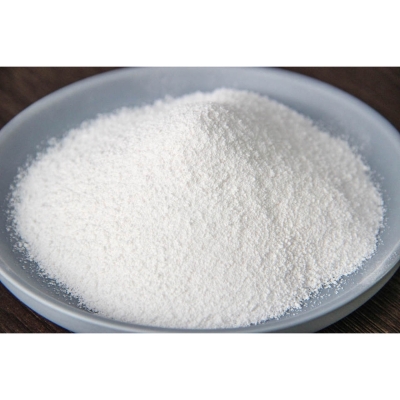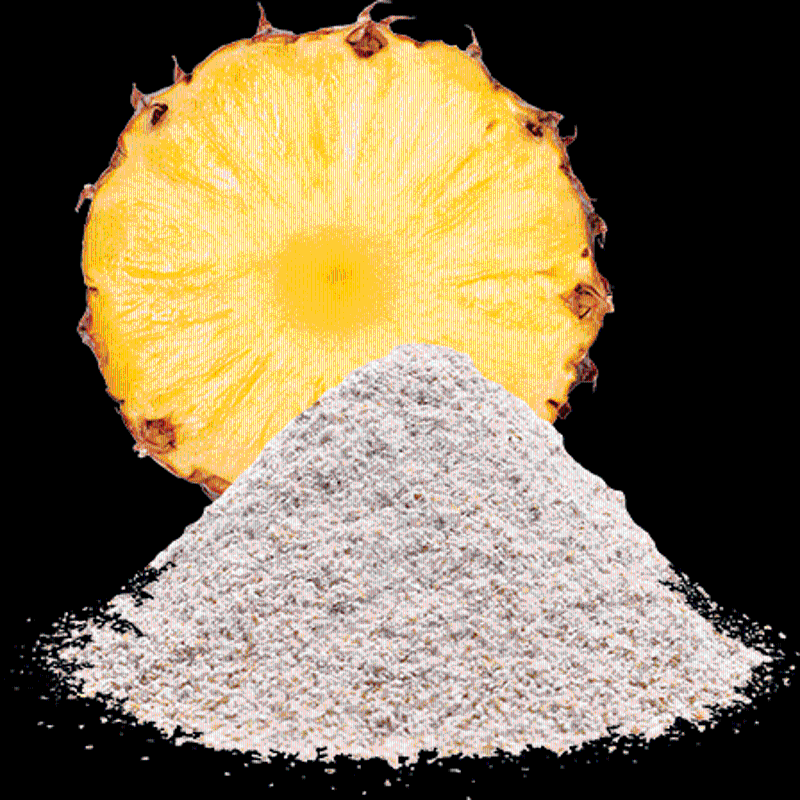-
Categories
-
Pharmaceutical Intermediates
-
Active Pharmaceutical Ingredients
-
Food Additives
- Industrial Coatings
- Agrochemicals
- Dyes and Pigments
- Surfactant
- Flavors and Fragrances
- Chemical Reagents
- Catalyst and Auxiliary
- Natural Products
- Inorganic Chemistry
-
Organic Chemistry
-
Biochemical Engineering
- Analytical Chemistry
-
Cosmetic Ingredient
- Water Treatment Chemical
-
Pharmaceutical Intermediates
Promotion
ECHEMI Mall
Wholesale
Weekly Price
Exhibition
News
-
Trade Service
Bio-Rad's droplet digital PCR (ddPCR) technology has been applied in the fields of basic research and clinical diagnosis
Recently, at the annual meeting of the American Association for Cancer Research, scientists showed more than 40 abstracts, proving the value of ddPCR technology in quantitative cancer markers
The following are some application examples that demonstrate the advantages of ddPCR technology in quantitative genetic, epigenetic and miRNA markers
Assess whether miRNA can be used as a marker for oral cancer
Recently, Luca Falzone, a doctoral student at the University of Catania, Italy, and colleagues conducted a case-control validation study of oral cancer
After initially identifying miRNAs associated with oral squamous cell carcinoma, the researchers used miRNA TaqMan probes and ddPCR technology to identify miRNA expression levels in plasma and matched saliva samples
"We chose ddPCR technology because it can effectively detect low-level targets, such as circulating miRNAs," Falzone said
Quantitative DNA methylation markers
Although epigenetic markers also have diagnostic and prognostic potential, the standard method for determining DNA methylation is to perform bisulfite conversion first, which is prone to errors
Nell combined methylation-sensitive restriction enzymes with ddPCR technology to develop a bisulfite-independent method to quantify epigenetic markers
Nell said: "With this method, we can evaluate the amount and density of DNA methylation in multiple digital experiments
Reliably quantify circulating tumor DNA
With the continuous application of ddPCR technology in the clinic, Dr.
Kuligina and her team analyzed nearly 500 blood samples from approximately 100 cancer patients who have various types of cancer
This study shows that ddPCR technology is more reliable than other technologies







